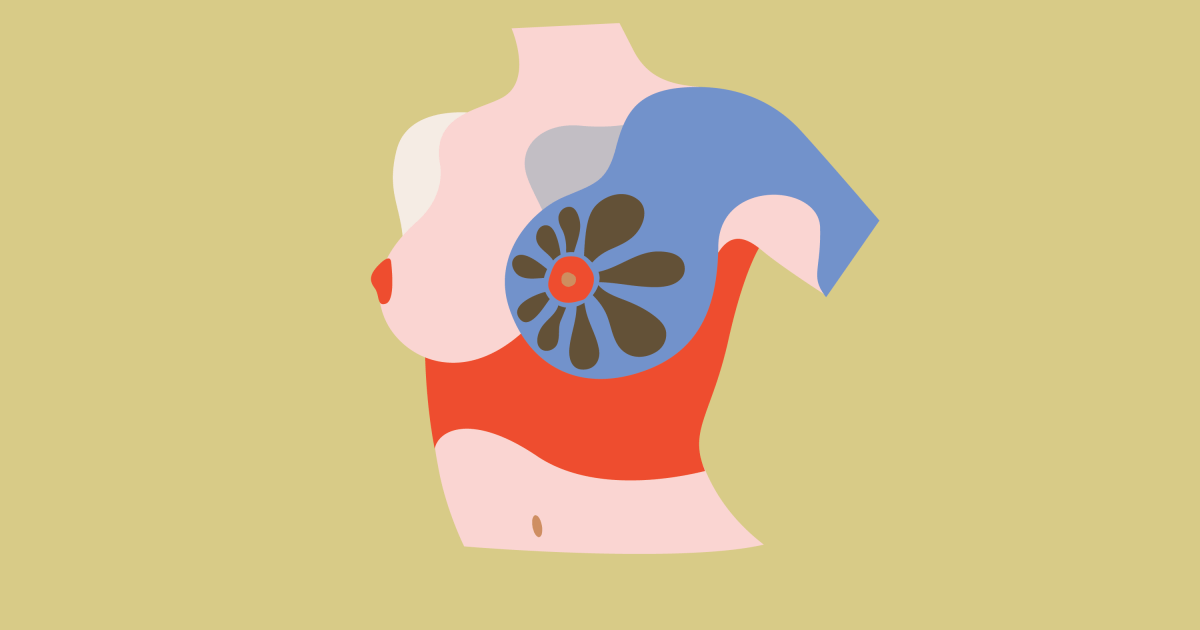Hormones and Breast Cancer Risk in Post-Menopausal Women
- After menopause, some women take hormones to help with hot flashes and vaginal discomfort, among other post-menopausal symptoms
- Taking estrogen alone decreases long-term breast cancer risk, according to new findings
- Researchers find that taking estrogen plus progestin increases long-term breast cancer risk
Older women sometimes take hormones to address symptoms of menopause including hot flashes and vaginal discomfort. Taking hormones has also been widely proven to prevent bone loss and reduce bone fractures for older women. Hormones were once routinely prescribed, until large clinical trials demonstrated the health risks, including increased risk for cancer.
Read MoreAfter initial data was collected, the study’s authors found that 238 out of 5,310 women who took estrogen alone were diagnosed with breast cancer. After 16.1 years of cumulative follow up, 520 women had been diagnosed with breast cancer.
At the same time, researchers initially found that 360 out of 8,506 the women who took both estrogen and progestin breast cancer were diagnosed with breast cancer. After 18.3 years of cumulative follow up, 1,003 of the women had been diagnosed with breast cancer.
Risk Factors for Breast Cancer
This study demonstrated that hormones, depending on the type and combination, can increase or decrease risk for breast cancer, and that the effects of those hormones can last a long time. That makes hormones therapy a “risk factor” for breast cancer. But hormones aren’t the only risk factors for breast cancer.
The risk varies within each age group, and breast cancer becomes increasingly more common as women age. At age 30, for instance, the risk is one in 227, according to the National Cancer Institute. By age 70, the risk is one in 26.
Dr. Elizabeth Comen, medical breast cancer oncologist at Memorial Sloan Kettering Cancer Center, on risk factors for breast cancer
While the key risk indicators are age and family history, there are a whole host of risk factors, many of which our medical advisor Dr. Elizabeth Comen covers in this video. The American Cancer Society breaks them down into lifestyle factors like being overweight and not having children and factors you can’t control, like inherited genes and race. Understanding your breast cancer risk factors is obviously very important.
Learn more about SurvivorNet's rigorous medical review process.


